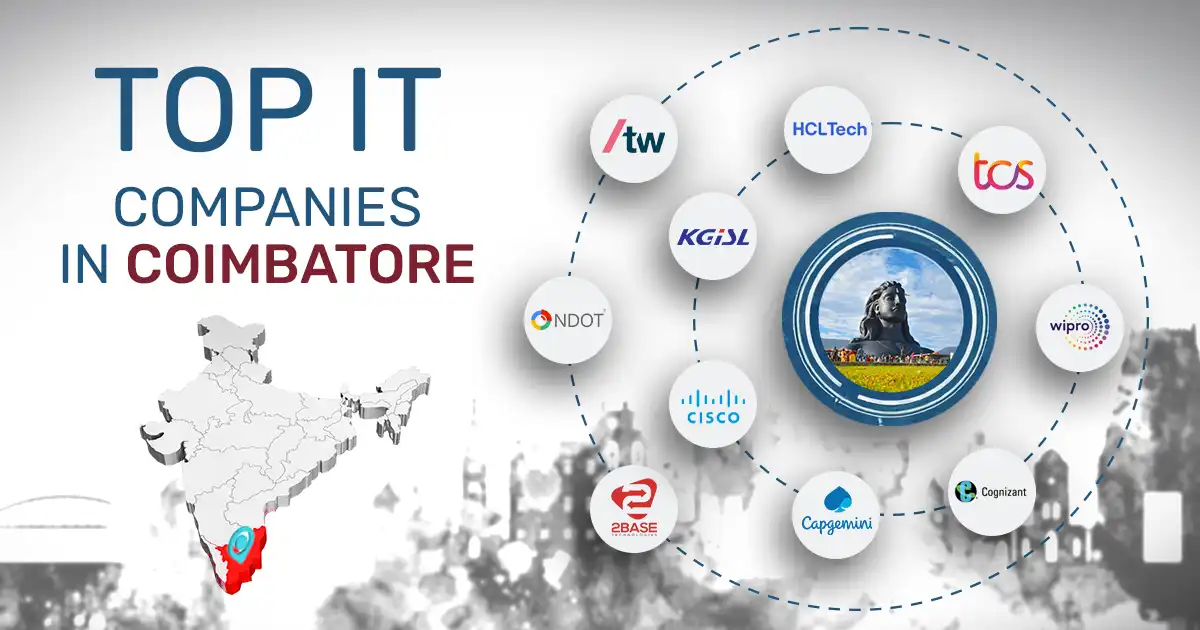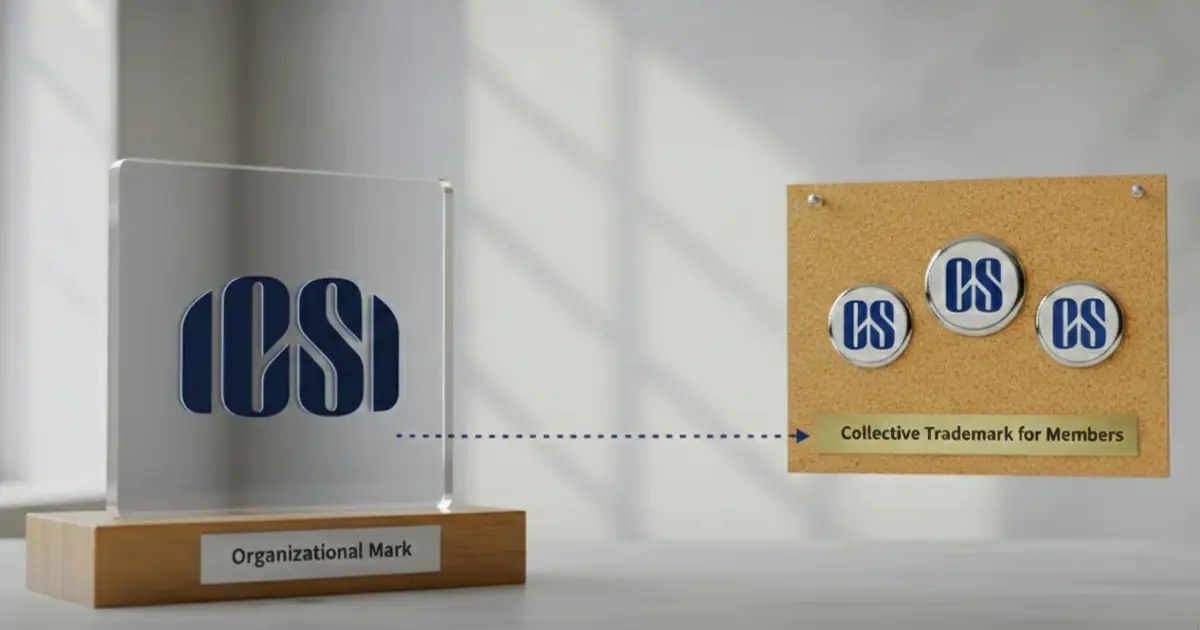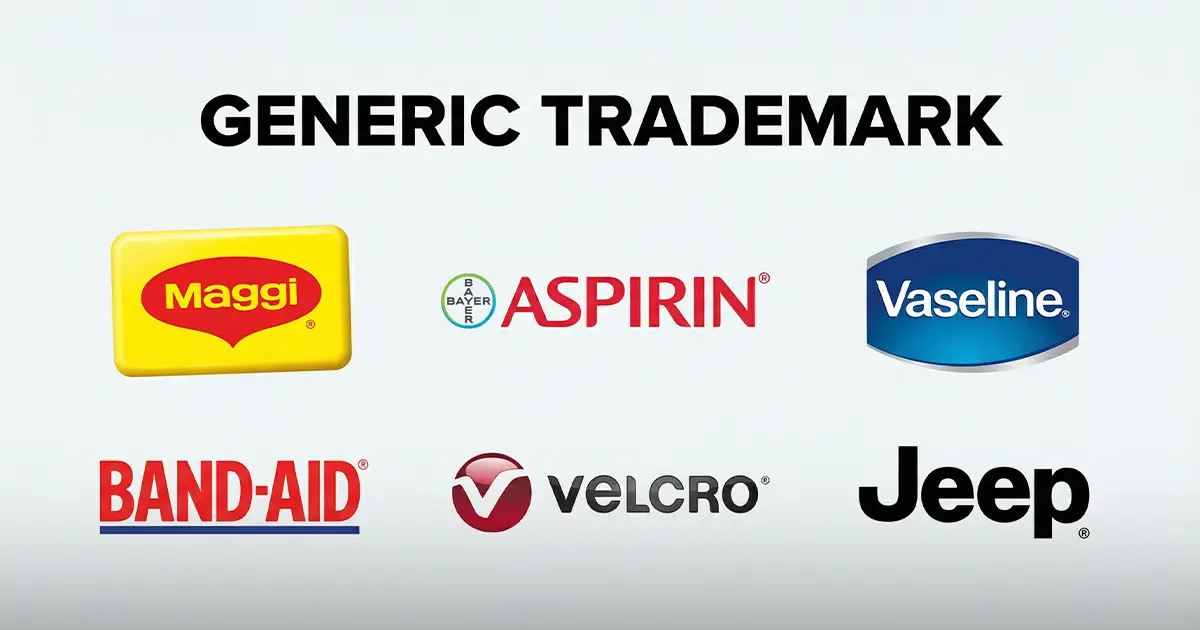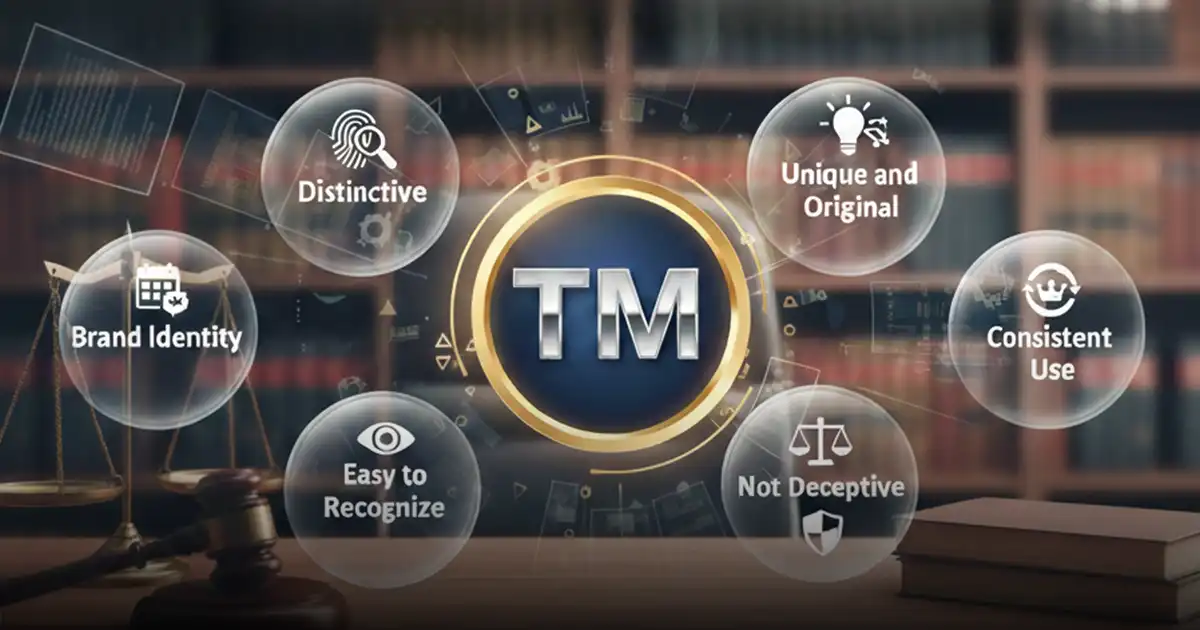The Zero Defect Zero Effect (ZED) Certification is an initiative by India's Ministry of Micro, Small, and Medium Enterprises designed to encourage MSMEs to implement Zero Defect Zero Effect principles. It seeks to boost the competitiveness of MSMEs by fostering high-quality production, minimizing waste, and reducing their environmental footprint.
The certification process includes assessment, expert guidance, and ongoing support to assist MSMEs in refining their operations and attaining superior ZED certification tiers.
- Zero Defect: This refers to the aim of producing goods with absolutely no defects. It emphasizes quality control, preventing errors at every stage of the manufacturing process, rather than just inspecting for defects at the end.
The goal is to ensure that products are of high quality, meet customer requirements, and are not returned or rejected in the market. This leads to customer satisfaction, reduced rework, and enhanced reputation.
- Zero Effect: This principle focuses on minimizing the negative impact of manufacturing processes on the environment. It promotes environmentally friendly practices, reducing waste, optimizing resource utilization, minimizing pollution (emissions, effluents), and adopting cleaner technologies.
The aim is to ensure sustainable production that contributes positively to the environment and reduces the carbon footprint.
Is ZED Certification Compulsory for Business?
No, ZED Certification is not mandatory for businesses. It is a voluntary scheme designed to help MSMEs improve their quality and competitiveness.
- Government Initiative: It's an optional government program, not a regulatory requirement for business operations.
- Incentive-Based: While not compulsory, achieving certification unlocks access to government subsidies, easier bank loans, and other benefits.
- Focus on Improvement: The primary goal is to encourage, not force, businesses to adopt higher standards for quality and sustainability.











